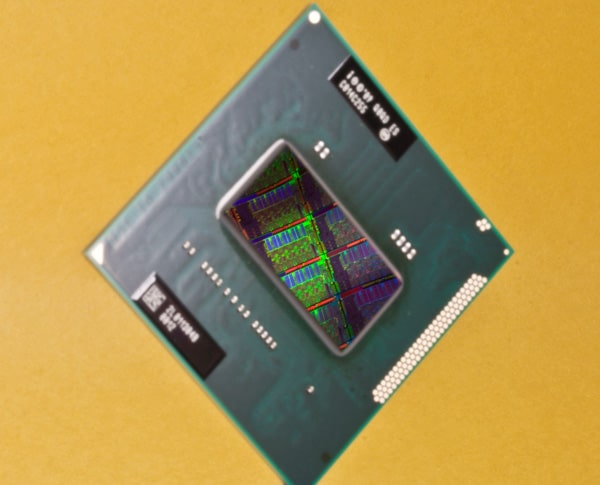Intel (NASDAQ:INTC) has announced a design flaw has been discovered in its desktop chipset, the Intel 6 Series (Cougar Point), which is utilized in PCs with Sandy Bridge processors. Intel has implemented a silicon fix for the problem which in some cases saw the SATA ports within the chipset degrade over time. The degradation impacted the performance and functionality of SATA connected devices which of course includes hard drives and SSDs amongst other storage-related devices.

Upon discovery of the problem, Intel halted shipments of the affected chip. The design issue has been corrected and new units are already being manufactured. The updated version of the chip will start shipping in late February, but it will take until April for volumes to hit full stride.
For customers that have purchased an affected system, Intel is working with OEMs to support modifications or replacements needed on motherboards or systems. Systems have been shipping with this problem since January 9th, however Intel believes the actual number of consumers affected remains "very small." The only systems sold to an end customer potentially impacted are Second Generation Core i5 and Core i7 quad core based systems.




 Amazon
Amazon